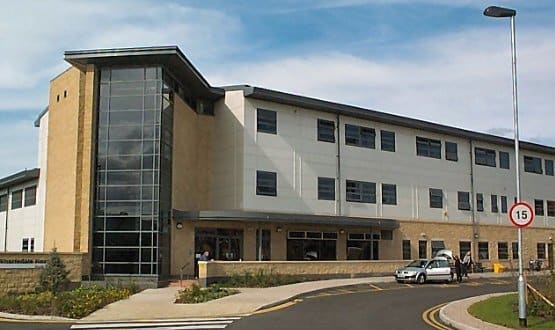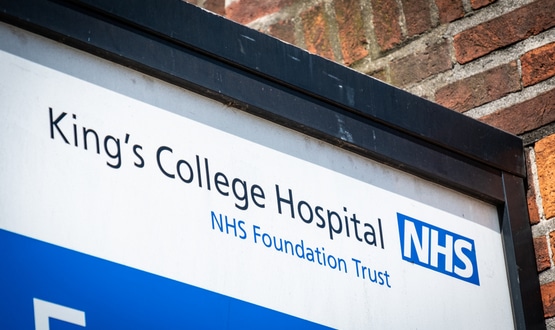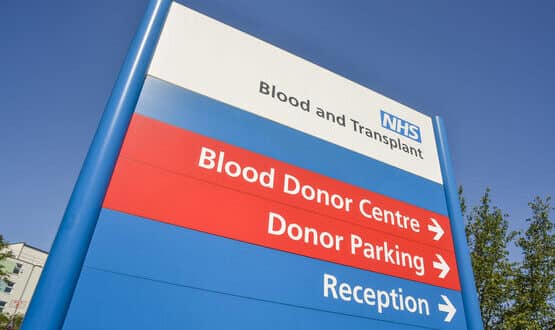Ongoing pathology IT crash in Leeds
- 21 September 2016

One of the largest trusts in the country has seen its pathology IT system crash, forcing it to postpone some appointments and surgery.
Leeds Teaching Hospitals NHS Foundation Trust, which has a £1 billion budget and employs more than 16,000 staff to provide services for 780,000 people in the city and 5.4 million in surrounding areas, confirmed that it had “significant problems” earlier today.
Suzanne Hinchliffe, the trust’s chief nurse and deputy chief executive, said in a statement: “We have been experiencing significant problems with our pathology IT system.
“We are still able to process tests, but because it is taking so much longer to report the results without the IT system, we are unable to deal with the normal volume of activity. Tests such as x-rays and scans are not affecting by the IT issues.”
Hinchliffe added: “To ensure the safety of our patients, our doctors are reviewing and prioritising those with urgent or emergency needs. Unfortunately, this means we have been required to postpone some appointments and surgery.
“Our teams are working closely with internal and external partners to restore the system as soon as possible.” The trust is urging patients with concerns to contact their doctor or GP with them.
Leeds Teaching Hospitals is in the North, Midlands and East of England, and was due to deploy the Lorenzo electronic care record from CSC as part of the National Programme for IT in the NHS.
Development and deployment delays meant it never received the system, and instead continues to run a much older patient administration system from iSoft, the company that developed Lorenzo, and which CSC eventually had to buy.
According to the Digital Health Intelligence Database, the trust is using a Clinicom PAS, installed in 2001. The trust also runs other iSoft/CSC systems, and the database says that for pathology it relies on CSC’s iLab. Local reports suggest it is using a version of the software known as iLab TP, or Telepath.
The trust told Digital Health News that the original cause of the crash was “a hardware problem” but “the thing that is causing ongoing issues is related to our inability to properly restore the system – as yet.”
Leeds Teaching Hospitals put together an ambitious IT strategy in 2011, based around a clinical portal, using open source code. It is also involved in the Leeds Care Record, another open source project to create a shared care record for the city.
Hinchliffe said the trust would be contacting any patients who had seen their appointments and surgery postponed directly “and we expect to be able to rearrange these as soon as the problem is resolved.”




